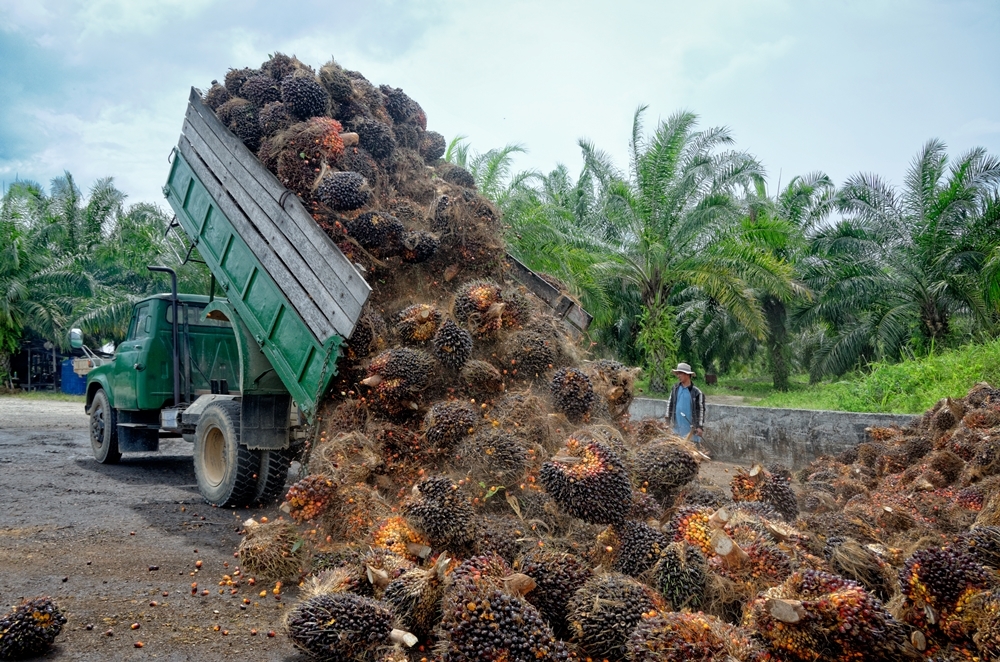
Scientists at Queen Margaret University in Edinburgh have developed an alternative to Palm Oil named PALM-ALT.
The substitute is palm, coconut and allergen-free, and 100% plant-based, made from a by-product from the linseed industry, plus natural fibre and rapeseed oil.
PALM-ALT also has 80% less saturated fat and 30% fewer calories. Trials have shown the alternative to offer the same texture and taste as palm oil.
The is a very exciting news - devleoping a palm oil substitute is seen as an essential step to slowing the rate of deforestation, which in turn will help to mitigate climate change.
Palm oil is a very versatile product and is the most widely used vegetable oil, found in well over 40% of packaged goods in supermarkets, from cakes and biscuits to shampoo. More than 40 countries grow palm oil but 85% comes from Malaysia and Indonesia. Indonesia is the world’s largest palm oil producer, with 46 million tons of crude palm oil produced in 2021 (59% of global exports).
The expansion of palm oil plantations has been a driver of deforestation in recent decades, pushing species including orangutans, tigers and Sumatran rhino closer to extinction. Indonesia has slowed their rate of deforestation in recent years but according to UNEP, 12 million hectares of forest are destroyed worldwide every year with 10 million hectares converted to other land use (based on 2015-2020) for palm oil, beef, soy, timber, and pulp and paper.
Image credit (at top): Queen Margaret University - Catriona Liddle and Dr Julien Lonchamp





